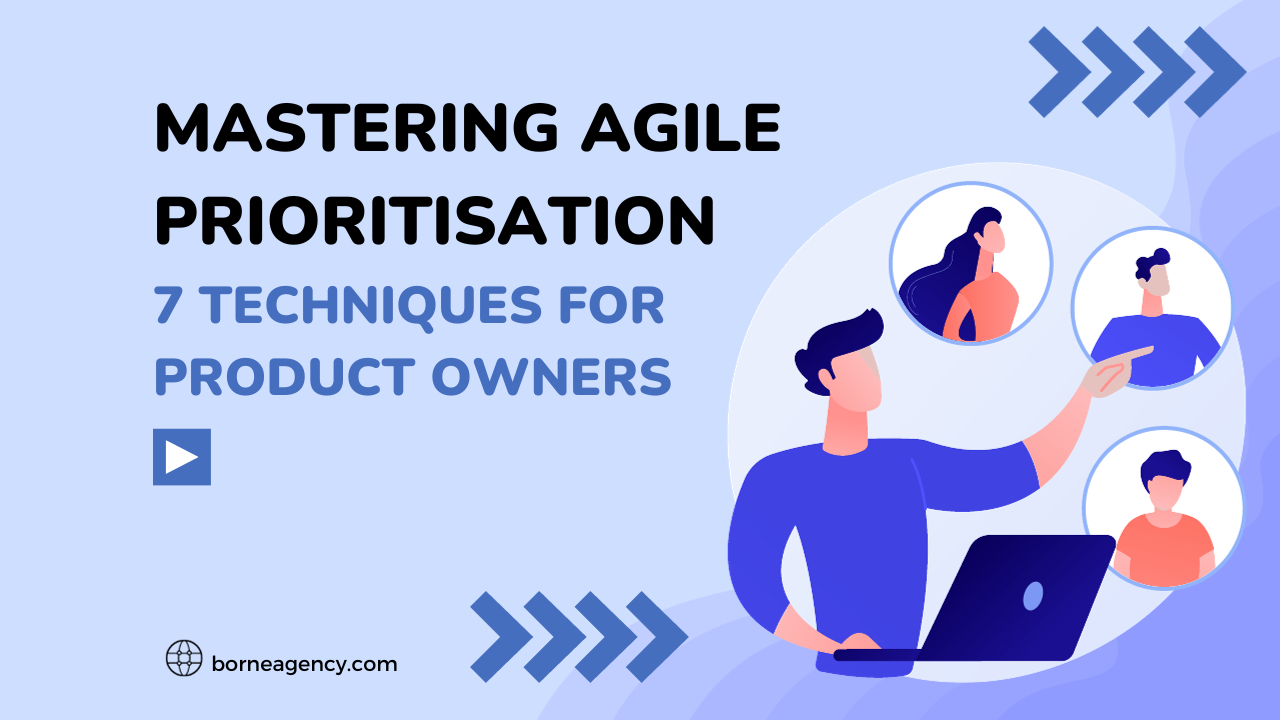Aug 13 - 3min readProptech for Good: Driving Digital to Better Serve Social Housing CommunitiesBy Launchbase
It’s no secret that the housing sector in the UK is facing huge pressure to offer affordable housing to customers amid rapidly changing expectations, constrained budgets and increased compliance and security issues. This week at Launchbase we ask the question, how can the property and social housing sector deliver better outcomes in their communities?
COVID-19 has caused volatility in global stock markets over the last month, and as ripples will be felt in the wider economy in the coming months, property will not be exempt. However, the growth we have seen in the months before the outbreak show that UK residential property remains a market full of opportunity.
How Will Tech Influence This?
For those entering the market now and to those looking to expand their positions, technological innovation is changing the way investments are made. Specifically, tech is improving the decision-making process. It does this by using Artificial Intelligence (AI) and data science to acquire and identify the most promising investment opportunities, increasing efficacy and decreasing human bias.
The advent of PropTech mirrors similar transformations occurring in sectors like regulatory services (RegTech) and financial services (FinTech). Investors are aware of its potential both to change how investment in property is done and to create significant value in the long run. In Europe specifically, the UK market is very much leading the way. According to a report by Oxford Saïd Business School, by mid-year 2019 British PropTech companies had attracted over $5bn dollars in investment – five times the level seen in Germany.

The Rise of AI in Proptech
In terms of specific innovations coming to the forefront, AI is playing an increasingly pivotal role by gradually changing the way investments are sought and made. Data science helps improve investment decisions on a very granular level. Understanding supply and demand on a hyper-local level allows investors to pick assets with the right attributes. Down to whether a balcony or garden, parking space or a third bedroom will produce the higher premium in a specific location.
These data-driven, profitability-boosting insights can now also be coupled with tech that enables speedy and efficient asset acquisition. Using AI to sift information allows acquirers to due diligence only the relevant minority of properties able to achieve high yields. A semi-automated sourcing process additionally all but eliminates human bias in asset selection.
Driving a Digital Agenda
The rise in self-service in retail and banking has developed a consumer expectation of 24-hour contact and delivery, at any location, and a flexibility in the variety of channels that people can use to interact with organisations. And these expectations are spilling over into the housing sector. Residents want to be able to contact and speak to their social housing provider through the means and channels of their choice, and they expect instant responses. That’s why social housing providers need software that can help them deliver efficient, connected and responsive services to customers, enabling them to self-serve and speak at the time and through the channel of their choice.
Lower Cost, Minimise Risk
Predictive technologies such as AI and robotic process automation can help organisations proactively spot potential problems before they occur, which reduces risk and supports the compliance of data and assets. Implementing cloud software will give organisations a complete view of how much each property costs to maintain, so they can effectively plan, manage and control assets’ repairs and maintenance budgets.
While many social housing providers might not yet think they’re able to implement these predictive technologies, there are financial solutions that many providers use today that offer live management information, and the ability to study costs and profitability based on real-time data. One social housing provider using this is Unitas, the housing repair and maintenance company of Stoke-on-Trent City Council. The firm recently integrated their repairs and maintenance solution with Civica’s financials cloud software to access real-time management information, streamline invoice management and quickly monitor and analyse both costs and profitability.
Technology is helping to expand the line of communication across the board. For example, cloud software facilitates mobile working, as employees working for social housing organisations and local authorities can work within communities to securely share live information with residents and partners, while also supporting a paperless agenda. For example, Prospect Community Housing has improved communications and increased channel shift, with 35% of its customers switching to self-serve in the first three months, showing the need to move online to increase speed and ease.
Through access to a single view of data, and greater insights into where money and time is spent, housing providers can both overcome market challenges and deliver better outcomes for people and communities.



